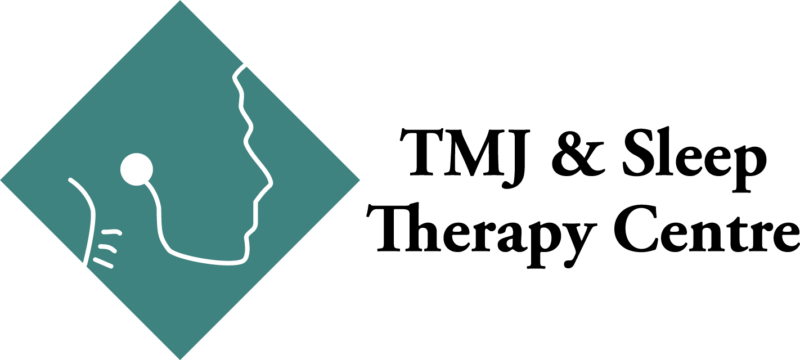Does your jaw, neck, and face hurt? Do you have pain when chewing? Does your jaw ever lock up or get stiff?
Do you have any one of these symptoms plus difficulty sleeping?
If so, you might be one of the ten million Americans who have TMJ disorder (known as TMD), most of whom have never even heard of it.
Even if they complain about head, neck, and face pain, it is likely that their condition will go undiagnosed.
And it could severely erode your quality of life unless you address it.
TMD is a problem with the joints that control jaw movement and that usually involves popping and clicking sounds accompanied by pain. The TM joint is unique in the human body in that it both slides and hinges.
Most physicians don’t understand the joint. Many dentists can identify TMD, but don’t know how to treat it.
Because TMD is a progressive disorder that gets worse over time and affects other aspects of life, it is important to seek treatment as soon as possible.
Here are six signs that you may have TMD:
- Headaches
If your bite is misaligned, it can cause teeth grinding, jaw tension, and even pressure on your trigeminal nerve, which exits through the TM joint. All of these can lead to persistent headaches, possibly including migraines.
- Neck pain
TMD can cause spasms in the muscles of the neck, it is a common source of neck pain that may be accompanied by neck stiffness and crunching when you turn your head.
- Clicking or popping in the jaw
This is the number one warning sign that you may have TMD, in part because it’s often the first symptom. When the jaw is misaligned, its structures don’t fit together correctly and can create the clicking and popping you hear and feel. If you have this, but no other symptoms, you are likely in the early stages of TMD. Good news: this is when the condition is most easily treated.
See your dentist right away!
- Sore or constricted jaw opening
If your jaw won’t open wide, or it gets sore from eating or talking, you should not dismiss this as normal. It is a sign of a problem with the structures of your jaw that needs to be addressed.
- Ringing in the Ears
About 80 percent of people suffering with TMD experience tinnitus, or ringing in the ears. It may be accompanied by dizziness and inner-ear pain. Spasm in the TM joint can put pressure against the ear and cause these symptoms.
- Sleep issues
TMD can cause your airway to become blocked when you sleep, waking you up momentarily hundreds of times each night. Lack of refreshing sleep prevents physical, cognitive, and psychological recovery from the day prior and preparation for the day ahead, and its effects become magnified over time. Left untreated, it damages the immune system and sets the stage for a host of debilitating conditions, all of which seem unrelated.
You can see how debilitating TMD can become if left untreated. The good news is that it is often easy to treat, usually with non-invasive or minimally invasive treatments.
Here are the four broad categories of treatment:
- Oral Therapy: Patients with TMD often benefit from wearing custom-made oral splints or mouth guards that slowly correct the misalignment in their jaw.
- Physical Therapy: A PT using ultrasound, wet heat, and ice, along with stretching and strengthening exercises for the jaw. This can help relieve pain and reduce symptoms of TMD.
- Medications: Pain relievers, anti-inflammatories, and muscle relaxants are often used in conjunction with other therapies.
- Minimally-invasive Surgery: Needles can be injected into the joint to flush away debris and inflammatory byproducts. Some TMD cases can be treated with arthroscopic surgery, which requires just two small incisions and risks fewer complications than full surgery.
- Open-joint Surgery: The last resort for those whose TMD doesn’t respond to other treatments is surgery
The bottom line is that there is no reason to suffer with TMD and its myriad symptoms. See a dentist who treats TMD and live a full life.
